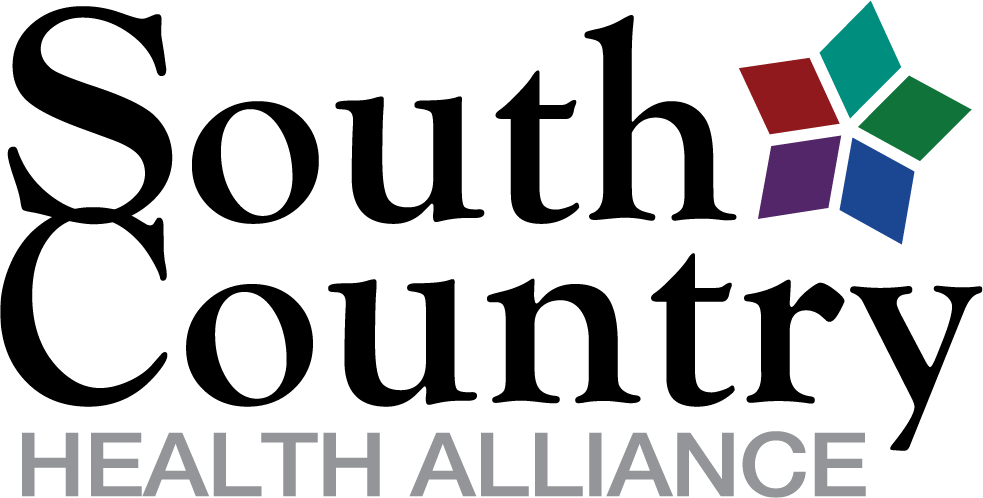Prenatal care is the health care you and your baby get while you are pregnant. Postpartum care is the health care you and your baby get in the first six weeks after delivery.
Prenatal Care
If you know you're pregnant, or think you might be, call your doctor to schedule a visit. Your doctor will schedule you for many checkups over the course of your pregnancy. Don't miss any — they are all important.
Prenatal Care Reward
Postpartum Care
After delivery, you'll go through a period of adjustment and healing and you'll have a post-delivery checkup with your doctor. While you are bonding with your baby, you need to remember to take care of yourself, too. Baby will need to be fed and changed often, and you may experience sleepless nights. It can be frustrating and tiresome. The good news is that you'll eventually fall into a routine.
Postpartum Care Reward
You can get a $25 gift card if you complete a postpartum visit within 7 and 84 days after delivery. Bring a Postpartum Care Reward voucher (English PDF) (Spanish PDF) to your postpartum appointment and have your doctor or nurse fill it out. Then mail it in to South Country to receive your gift card.
Postpartum Telehealth Visits
Many of us are used to meeting our doctors in person. The COVID-19 pandemic changed this by making our doctors more available to meet us face-to-face virtually. These virtual visits are done through cell phones, tablets and computers in a video conference called a telehealth visit.
More Resources for Parents
- Prenatal & Postpartum Care
- Delfina
- Feeding Your Baby
- Childproofing, First Aid and Safety
- Dental Care
- Vaccinations
- Well-care for Babies and Children
- Caffeine and Substance Use Pre & Post Pregnancy
- More Resources and Numbers
- RideConnect Transportation
- 24/7 Nurse Advice Phone Service
- Tobacco Cessation
- Dental Appointments
- Community Care Connectors
Documents to download
Embracing Life Guide (pdf-English) (pdf-Español)
Baby's First Year Calendar (pdf-English) (pdf-Español)
Pregnancy Brochure (pdf-English) (pdf-Español)
Delfina Brochure (pdf-English) (pdf-Español)
Car Seat Program (pdf-English) (pdf-Somali) (pdf-Español) See available car seats.
Minnesota Child & Teen Checkups (C&TC) Schedule (pdf-English)
Last Updated on 04/01/2024 by Nikita Woltersen




